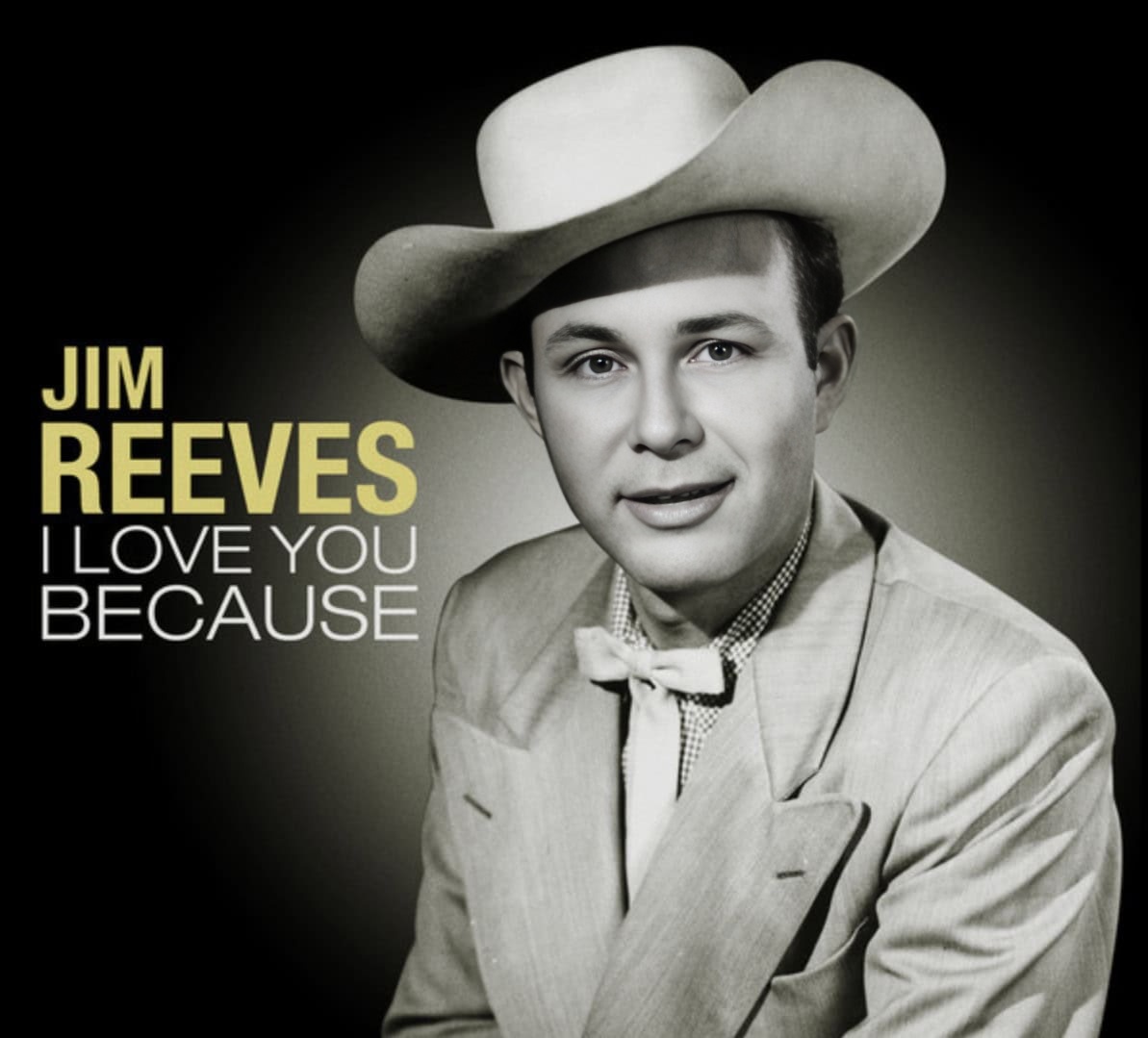
“He’ll Have to Go,” a timeless country classic, remains synonymous with the velvety voice and smooth stylings of Jim Reeves. Released in 1959, the song solidified Reeves’ status as a global music icon and cemented his place as a pioneer of the Nashville Sound, a smoother, more polished approach to country music that broadened its appeal. Reeves, known as “Gentleman Jim,” was already a successful artist prior to this song, having charted several hits. However, “He’ll Have to Go” catapulted him to unprecedented heights, crossing over from country to pop charts with ease.
The song itself is a poignant tale of unspoken love and the anxieties of communication. The lyrics depict a man yearning to tell a woman he loves her while acutely aware of her current relationship. He cleverly suggests she hang up if her current beau is around, implying a clandestine desire and a longing for connection that resonates with listeners on a deeply emotional level. The genius lies in the understated delivery, the soft crooning, and the simple, yet powerful message of pining for affection.
“He’ll Have to Go” topped the Billboard Hot Country Singles chart for an astounding 14 weeks and also peaked at number two on the Billboard Hot 100, a remarkable feat for a country song at the time. It went on to become an international sensation, solidifying its place in music history.
Audience reception to “He’ll Have to Go” was overwhelmingly positive, with many citing its romanticism and Reeves’ compelling vocals as the key ingredients to its success. Listeners praised its ability to evoke a sense of longing and the inherent vulnerability it portrays. Even decades after its release, the song continues to be celebrated for its timeless charm, enduring popularity, and Jim Reeves’ masterful performance. Its legacy continues to influence country music artists and captivate audiences worldwide.